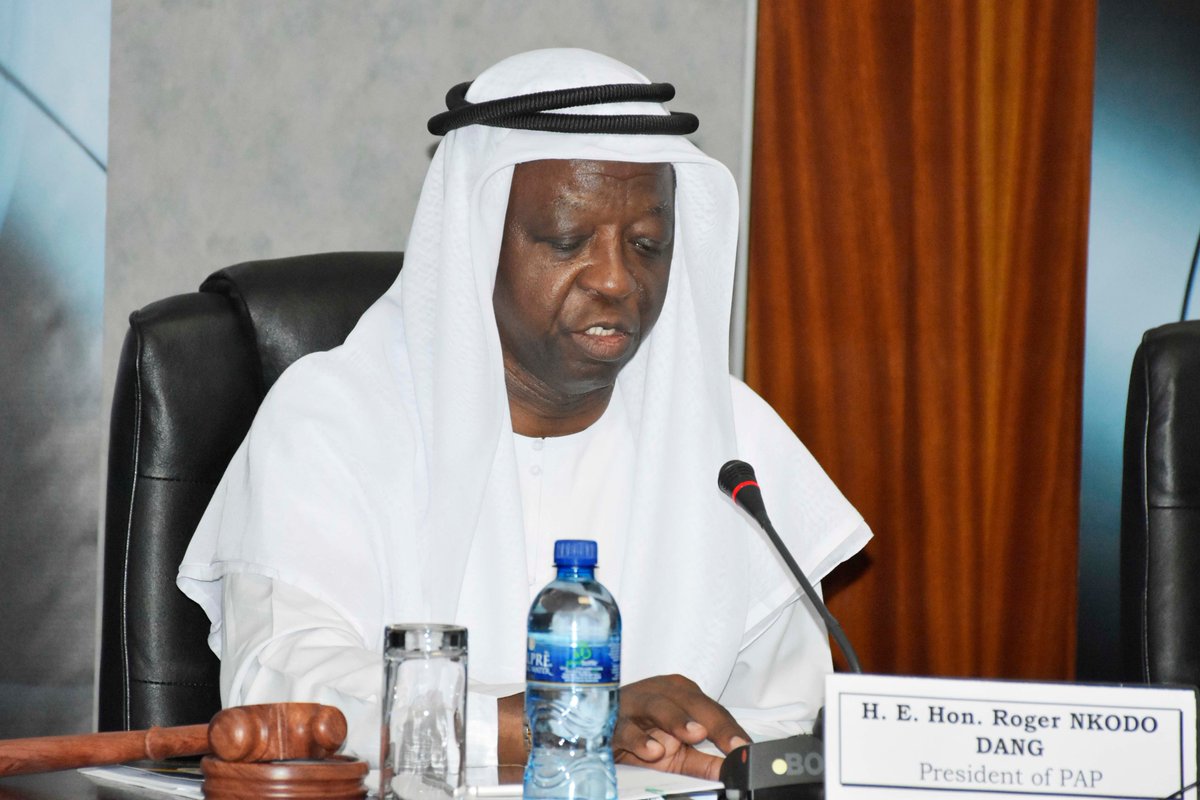Ghana has become the twelfth (12) African Union (AU) member state to ratify the Protocol to the constitutive act of the AU relating to the Pan-African Parliament (PAP), also known as the Malabo Protocol. The Malabo Protocol is intended to extend the powers of the PAP into a fully-fledged legislative organ. It requires a minimum of 28 countries to ratify it before it comes into force.
Ghana joins Benin, Cameroon, Chad, Equatorial Guinea, Gambia, Madagascar, Mali, Sahrawi Arab Democratic Republic, Sierra Leone, Somalia and Togo as the African countries that have so far heeded the call to empower the continental Parliament.
“It is fulfilling to realise that member states are starting to rally behind the message we have been conveying for the past few years. The integration of the African continent will only be achieved through constant interactions and involvement of the grassroots in the affairs of the AU. Ghana has joined the list of countries that have come to terms with the reality that PAP is the only AU organ with a direct mandate from the African citizens, with the ability to transmit their aspirations to the highest spheres of the Union. We congratulate Ghana on this milestone” says Hon. Roger Nkodo Dang, President of the PAP.
Furthermore, South Africa has become the twenty-first (21) country to sign the PAP Protocol, which puts the country on the path of ratification. The Southern African State plays host to the PAP in Midrand, Johannesburg.
“We are delighted to have South Africa on board at this crucial phase of our evolution as a continental parliament. Their recent signature of the Malabo Protocol sends to other nations: a strong message of commitment to the African story of integration, especially given its role as a gracious PAP host since 2004. The process of ratification is different from one country to another, but this signature marks a significant step towards the ratification of the Protocol by South Africa,” adds Hon. Nkodo Dang.
This new development comes shortly after the African Union Commissioner for Peace and Security, Ambassador Smail Chergui appealed at the PAP Statutory Permanent Committee Sittings in Midrand that Legislators should work harder to encourage member states to ratify and domesticate the instruments presented by the African Union, citing at least 10 different Protocols that need urgent attention and response from AU member states.
PAP is one of the nine organs of the African Union (AU) with the mandate to promote economic and social integration through making laws. As it stands, its mandate extends to consultation, and playing an advisory and oversight role for all AU organs pending the ratification of its protocol.
The Malabo Protocol was adopted at the AU Assembly of Heads of State and Government meeting in June 2014. The ratification journey has three steps: the signing, ratification and depositing of instruments at the African Union Commission.
The institutional reforms of the AU, championed by President Paul Kagame, reaffirmed the strategic importance of PAP, identifying it as one of the essential pillars to help achieve the long-term objectives. This is according to a report presented to the 31st Ordinary Session of the Assembly of Heads of State and Government during the AU Summit, in Nouakchott, Mauritania in July 2018.
